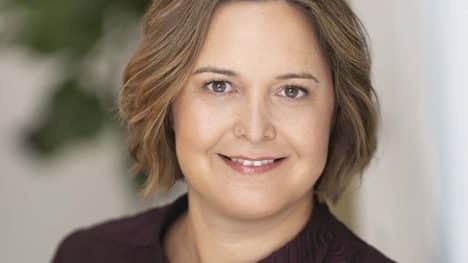“My passion lies in improving outcomes for those affected by cancer and contributing to new and better therapies.” Dr. Fernanda Arnaldez

Addressing inherent challenges
Rare diseases have struggled with drug development for many different reasons. Funding is a big challenge, however, Dr. Arnaldez admits it is not the only one. “Funding helps a lot, but there are other things like logistics and access, as well as the difficulty of evaluating the mechanisms of disease, that make osteosarcoma and other rare diseases really hard,” she says. “Difficult things require a lot of collaboration. That is one of the things I like about the OSI — it’s akin to building bridges and trying to fill in the gaps. We need to synergize to make it happen. And I am optimistic.” Her optimism lies in how technology has evolved over the years, especially in the ability to analyze and read mass quantities of data. Dr. Arnaldez is a firm believer in the application of advancements like artificial intelligence that can be used for pattern recognition and digital pathology as well as expanding biomarkers and how they are used to diagnose osteosarcoma. “The more you learn about the mechanisms of disease,” she says, “the better off you are to implement prevention or therapeutics or symptomatic management.”Belief in the mission
Dr. Arnaldez decided to become a pediatrician after realizing the deep relationship that families establish with the doctors caring for their youngest. “Further along in my career, I was privileged to witness the incredible resilience that families affected by pediatric cancer possess,” she says. “I was determined to contribute to improving outcomes for those affected by cancer and bring to the clinic innovative therapies, and to be able to have a meaningful impact in their lives.”Bringing a different perspective
As a board member, Dr. Arnaldez brings her acute sense of decision-making and proficiency for things like logistics and strategy. Thanks to her hybrid career in academia and pharmaceuticals, she is able to provide guidance on whether a clinical trial or project should be pursued. In addition to this collaboration, Dr. Arnaldez also lends her expertise to OSI’s grant cycle review process. “OSI’s grant program is incredible because they are willing to take high, calculated risks for high rewards,” she says. “When you get these grants that do just that, it’s amazing.” “It’s a privilege to have the opportunity to interact with all these brilliant and inspiring people who are so close to my heart and whom I hold in such high esteem,” she continues. “OSI has a very clear vision and, not surprisingly, the bar is very high — nothing less than the cure [for osteosarcoma] is going to cut it. And I buy into that. It’s contagious and inspiring.”Read more stories about the people powering OSI in The Frontline, our monthly newsletter. Click here to subscribe.
